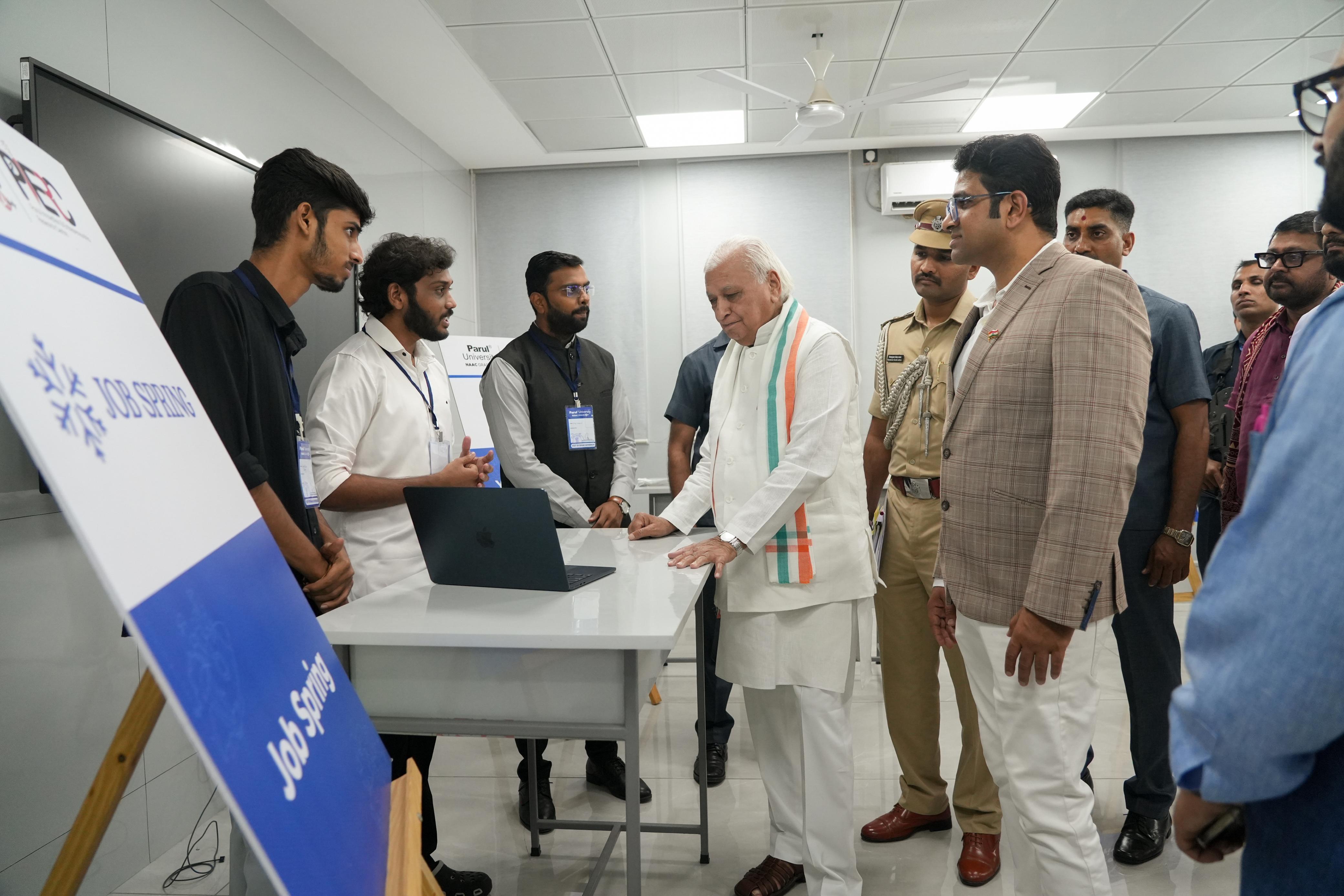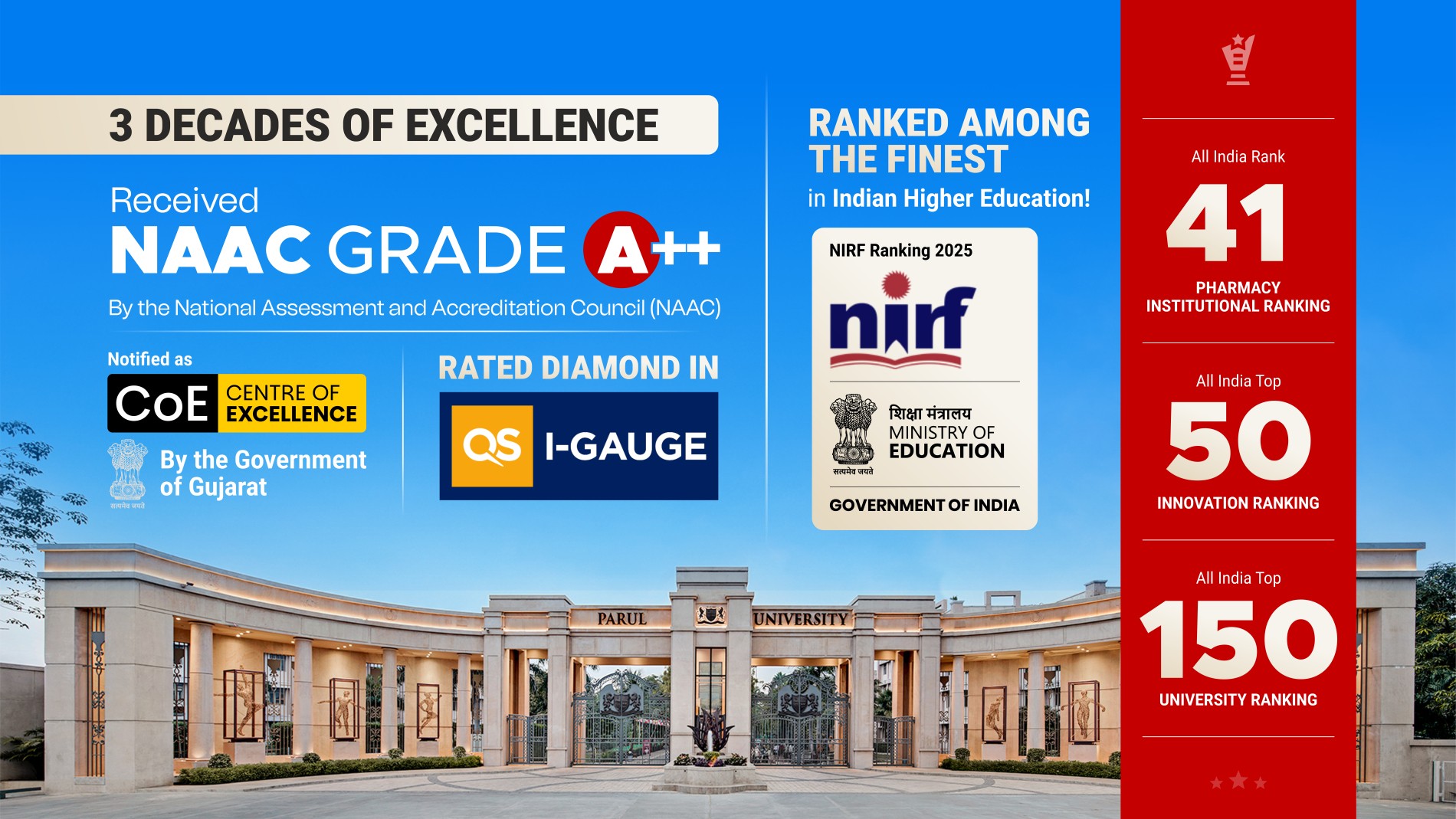Three words left a mark: “India is unstoppable.”
Shri Arif Mohammed Khan, a political figure who served as a Union Minister and governed two states, and someone who witnessed India’s journey within the corridors of power for decades.
Walking into Parul University's Viksit Bharat Yuva Samvad, students expected a formal address. What they got was a master class in recognizing historical inflection points.
A nationwide initiative, Viksit Bharat Yuva Samvad, aims to give youth power a direct say in Indian policymaking. That discussion at Parul University meant that it became part of a larger national responsibility, where the principles and ideas of great leaders like Shri Arif Mohammed Khan will be carried forward by student leaders who will soon be responsible for maintaining the framework for nation-building.
This gentleman has held positions as the Governor of Kerala, Union Minister of Civil Aviation, and, most recently, the Governor of Bihar. For many years, he was a persuasive supporter of representative government, education, and social reform. A statesman whose journey spans the corridors of power!
He did not hold back. His message?
“Most of them say, and we can also feel, that after many centuries, the centre of global power appears to be shifting. It is no longer a race between the USA and China, India is emerging as a global player… and world leaders are saying that India is now unstoppable.”
He reminded the students that they are standing on the brink of history. When international leaders like Barack Obama and Jack Ma refer to India as "the one country the West cannot defeat," they are not being complimentary. They're telling the world to pay attention.
However, what does this mean to a university student?
It implies that classrooms are no longer only places for academic pursuits. They serve as foundations for the development of the country. It indicates that young people's opinions are not just echoing statements but are actively involved in forming policy. India's story is about resilience, innovation, and a youth-driven amendment, not poverty or catch-up growth.
It is impossible to overestimate the significance of these discussions. Through such national dialogues like the Viksit Bharat Yuva Samvad and getting an insight into the working of leaders, we become a bridge: connecting governance with grassroots, and idealism with policy.
Reflecting on the dialogue, Dr. Devanshu Patel, President of Parul University, put it best:
“His rich experience in the field of governance and the energy of our young generation made it a meaningful conversation, which empowered the collective aim of establishing a stronger and more advanced India.”
The dialogue was about the present urgency, about the fact that India, through it’s youth, innovation, and cultural resilience, defines the global balance in the decades ahead.
Perhaps the most important question we should leave with is this: What part will you, the students of today and the leaders of tomorrow, decide to play in guiding that unstoppable force if India is unstoppable


.jpg)
.jpg)
.jpg)

.jpg)
